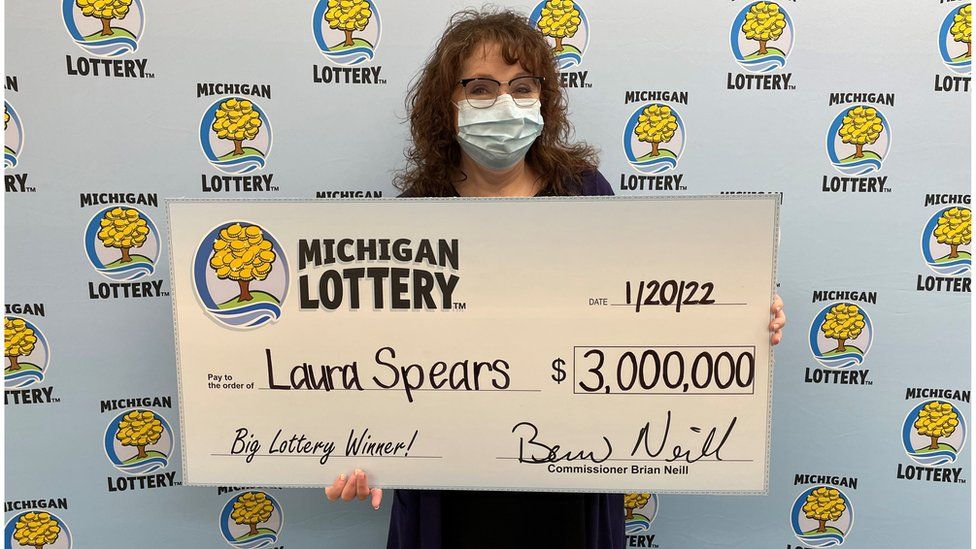
The lottery is a form of gambling in which participants draw numbers and attempt to win prizes. Lotteries are regulated by some governments while others outlaw them. The lottery is a popular form of gambling among many groups, including the anti-tax movement. Some states even exempt lottery winnings from taxation. Here’s a look at the history of the lottery.
Lotteries were first held in the Low Countries in the 15th century
Lotteries have been a part of human culture for centuries. According to some sources, they even date back to the Bible. In the Book of Songs, the practice of drawing lots to fund government projects is cited. However, the first recorded lottery games in the western world were held in the Low Countries, including the Netherlands, Belgium, and Luxembourg. From there, the practice spread throughout the continent.
They were held to raise money for town fortifications
Public lotteries were held in the Low Countries in the fifteenth century to help the poor and raise money for town fortifications. Evidence of these live hk pools is found in town records. Some towns held lotteries as far back as 1445. In L’Ecluse, a record dated 9 May 1445 mentions a town lottery where 4304 tickets were sold. The prize money was 1737 florins, which would be over $170,000 in today’s dollars.
They are tax-free in some states
The lottery is a game that can make your dreams come true overnight, but winning a big prize can have serious tax consequences. In some states, lottery winnings are tax-free, but not all. For example, Pennsylvania does not tax lottery winnings. But you might have to pay state or local taxes based on where you live.
They are popular with Massachusetts residents
Massachusetts residents are big lottery fans, spending an average of $933 per capita on lottery tickets annually. This amount is nearly three times higher than the national average of $288. The Massachusetts lottery system is especially popular, having pioneered the use of instant tickets and progressive jackpots. Though there are some draw fraud complaints, the state’s lottery is widely enjoyed by residents.
They are popular in other states
Lotteries are a popular way to raise funds for various charitable organizations and local governments. State-run lotteries have been around since the U.S. was founded, but the modern era of government games began in the 1960s. In 2013 alone, state-run lotteries raised $62 billion in gross ticket revenues and paid out $39 billion in prizes. These funds were used to support social and educational services in the states.
They are popular in the U.S.
Statistics show that lottery tickets are popular among younger people, while older people play less frequently. In fact, young people are not as concerned with their financial future as old people, who are often looking for a way to stop working, retire, or pass down their inheritance.